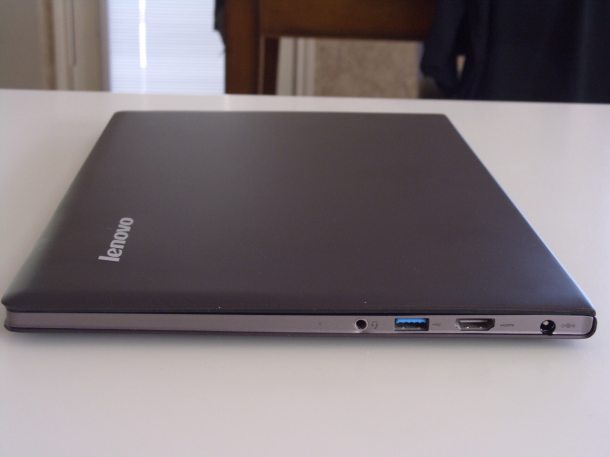2012: Year of the Ultrabook


What is an Ultrabook? According to Intel, who trademarked the term, the Ultrabook is a laptop that:
- is less than 20mm (0.8 inches) thick
- has no optical drive
- uses a solid-state drive (SSD) for all storage
- uses a Core i5, i7 processor
- weighs less than 1.4 kg (3.1 lbs.)
- yields 5 - 8+ hours of battery life
- priced around $1,000
The first Ultrabooks have started to appear from top laptop makers, including Lenovo, Acer, ASUS, and HP. While these initial models have been able to meet the hardware criteria laid out by Intel, the "around $1,000" has been a sticking point. To be fair, models of the MacBook Air with decent configurations sell at prices higher than the $999 entry-level configuration.
PC laptop makers realize they must do something to kickstart the Ultrabook category, and it is reported that at least 50 different models will debut at the Consumer Electronic Show (CES) in January. It sounds like the Ultrabook will be the big thing at the CES in 2012, compared to netbooks and tablets in recent years.
It is good that so many companies are looking to produce Ultrabooks, as that will drive prices down. While Ultrabook makers may have a hard time competing with Apple currently, if prices drop enough next year that will surely change. Intel is predicting 40 percent of all laptops sold will be Ultrabooks by the end of 2012.
While netbooks were essentially a flash in the pan, quickly getting big sales numbers and fading just as fast, Ultrabooks are here to stay. Netbooks went the underpowered route to acheive cost effectiveness, and many owners quickly tired of the corner-cutting. Ultrabooks are full laptops, with good performance packed in a highly portable form. In spite of the fancy new marketing term, they are the natural evolution of the bigger laptops, and they'll be around for a good while, post-PC era or not.
Ultrabooks prove that Steve Jobs was right with the introduction of the MacBook Air. Given the choice between a boxy laptop and a thin ultraportable, many will choose the thin and light Air. As prices continue to drop, as they usually do over time, the Ultrabook will be in a position to give the Air a run for the money. Laptop makers will be chasing the MacBook Air, just as tablet makers are chasing the iPad.
Ultrabooks will go into one area that Apple hasn't tread with the MacBook Air-- integrated 3G/4G. As prices drop, carriers are going to be willing to offer Ultrabooks that tap into their networks. These will be popular in the enterprise sector, too. We may start seeing Ultrabooks pop up everywhere we go. That's what the sector is hoping for, anyway.
If next year I can get an Ultrabook like the Lenovo U300s I recently reviewed for less than $1,000, I can see myself buying one. I likely wouldn't be the only one, as many need a Windows laptop, or have a bias against Apple. Next year may very well be the year of the Ultrabook.
See also: